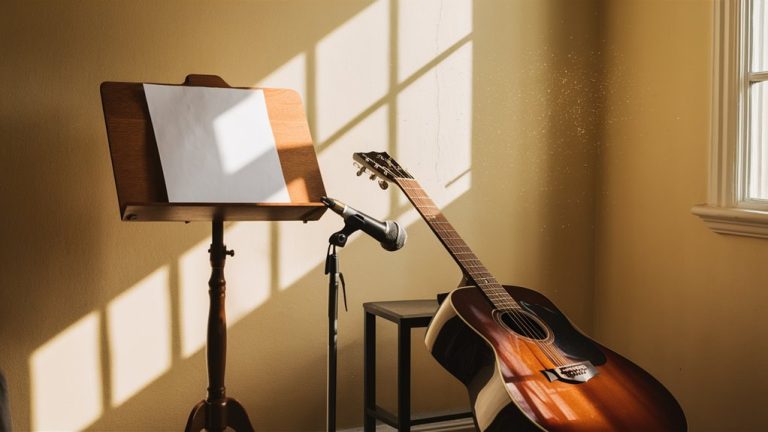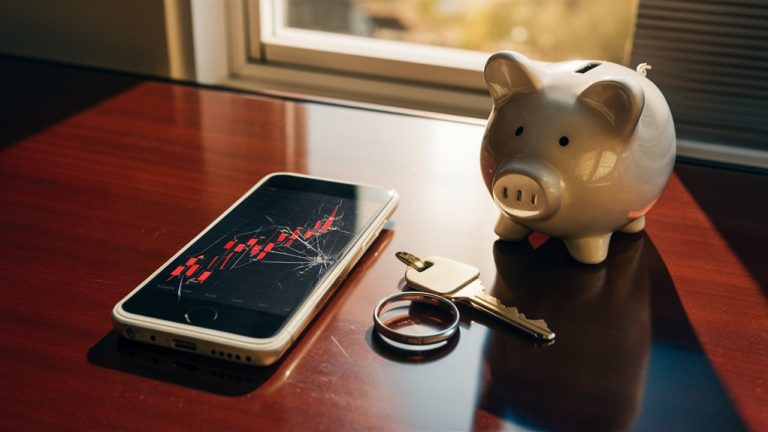Why It Hurts More to Lose Than to Win
The Brain Science of Hating Loss
We feel losses more than wins because key brain parts light up more. The amygdala, which spots threats, is 2-3 times more active when we lose than when we win. This big reaction to bad things comes from our need to stay safe long ago. 토토솔루션
Old Roots for Safety
Our early family stayed alive by seeing threats well, making safety more important than finding good things. This old way still affects us, making losses hurt more than gains. Brain scans show that dealing with losses uses more energy and wakes up more of the brain than good things.
The Math of Preferring Wins Less
Studies say that balancing the pain from losing needs bigger wins. Now, research tells us to make up for a $100 loss, we might need $200 in wins. This 2:1 scale shows how much we fear losing when we make choices.
Getting Better at Handling Losses
By understanding these deep brain ways, we can manage loss better. This brain info tells us why bad feels harder and helps us make smarter moves in work and life.
How the Brain Sees Risk: Clear Fear of Loss
Feeling Loss vs. Gain
Fear of loss is a big part of how we work, with studies showing we feel losses about twice as much as gains.
Brain Activity in Fear of Loss
Our brain reacts to losses with much more activity in the amygdala, where fear lives.
Money Choices
Fear of loss changes how we handle money, often making people:
- Keep bad stocks too long
- Not change their money plans as needed
- Choose very safe money options
Choices in Work and Life
This old survival tool goes beyond money to:
- Job moves and shifts
- Close relationships
- Holding on to things
- Big life decisions
Our Ancient Survival Software
Old Survival Tools in Us
Growth of Spotting Danger
Deep in our brain wiring is an ancient safety tool shaped over time. This setup makes us react to dangers more than rewards.
Brain Science of Staying Alive
The amygdala, our key danger spotter, is really good at picking up bad news.
Our Behaviors
This old code explains key ways we act:
- Better memory for harsh words over kind ones
- Sticking with losses more than wins Addiction Cues Built Into Casino Design
- Caring much more for bad news than good
Why We Hate to Lose: This Moment
Thinking of Fear of Loss
Fear of loss shapes our choices in all parts of life now.
Its Impact on Money and Spending
Studies of buying habits show we react more to possible losses than wins.
Main Areas Loss Fear Touches
- Money Management
- Avoiding risky money moves
- Not trying new financial opportunities
- Very careful with keeping money
- Close Relationships
- Staying in unhappy relationships
- Not wanting new close connections
- Fear of hurt feelings
- Work Growth
- Preferring job security over new roles
- Not going for new job positions
- Disliking job changes
How to Move Past Fear: With Science
Understand Loss Fear and the Brain
Loss fear is deep in us, but battling fear needs small steps backed by brain and action research.
Safer Ways to Risk
Controlled support starts with taking small, low-risk chances.
Change Brain Paths
Seeing things new turns losses into learning spots, using the front of the brain more than the feeling parts.
Steps to Make it Last
- Slowly face low-risk situations
- Record clear results in a risk book
- Use clear scales for decisions
- See chances to learn more than possible losses
- Keep up usual actions to change brain paths
Turn Losses into Opportunities to Grow: Step by Step
The Science of Handling Loss
Thinking new turns losses into growth spots instead of roadblocks.
Break Down Losses
Looking at losses in clear parts turns vague failures into solid lessons.
Steps for Long Use
- Write about each loss quickly while fresh
- Maintain a well-set view of trends
- Focus on things we can change over just bad feelings
- Watch things improve over time
- Use what we’ve learned for next times in a planned way
Growing Strong Minds
Key Mental Skills
Mental strength is built on three key skills: handling emotions, changing thinking, and managing stress.
Scientific Ways to Get Strong
Make the Brain More Flexible
Sharpening the mind through special brain activities is key for building strength.
Optimizing Brain Paths
Strong people show special brain activity, mostly in frontal brain tasks when facing setbacks.
Top Ways to Grow Strong
- Get better at handling stress
- Break fixed mental views
- Train in keeping emotions stable
- Make brain paths stronger
- Boost performing well in tough times
- Manage stress better
Proven Tools to Move Through Loss
Planned Ways to Feel Better
Research shows that set ways to cope lead to feeling 65% better than without plans.
Main Handling Methods
Look Ahead
The looking ahead strategy thinks about months ahead to see the long impact.
Neutral Look at Outcomes
Breaking down losses into what we can and can’t change shifts our view from just feeling to doing.
Find the Good
Finding clear lessons in losses shows people who find three positives bounce back 78% faster.
Better Recovery Methods
Using these tools with set thinking times and careful recording builds a full plan.


